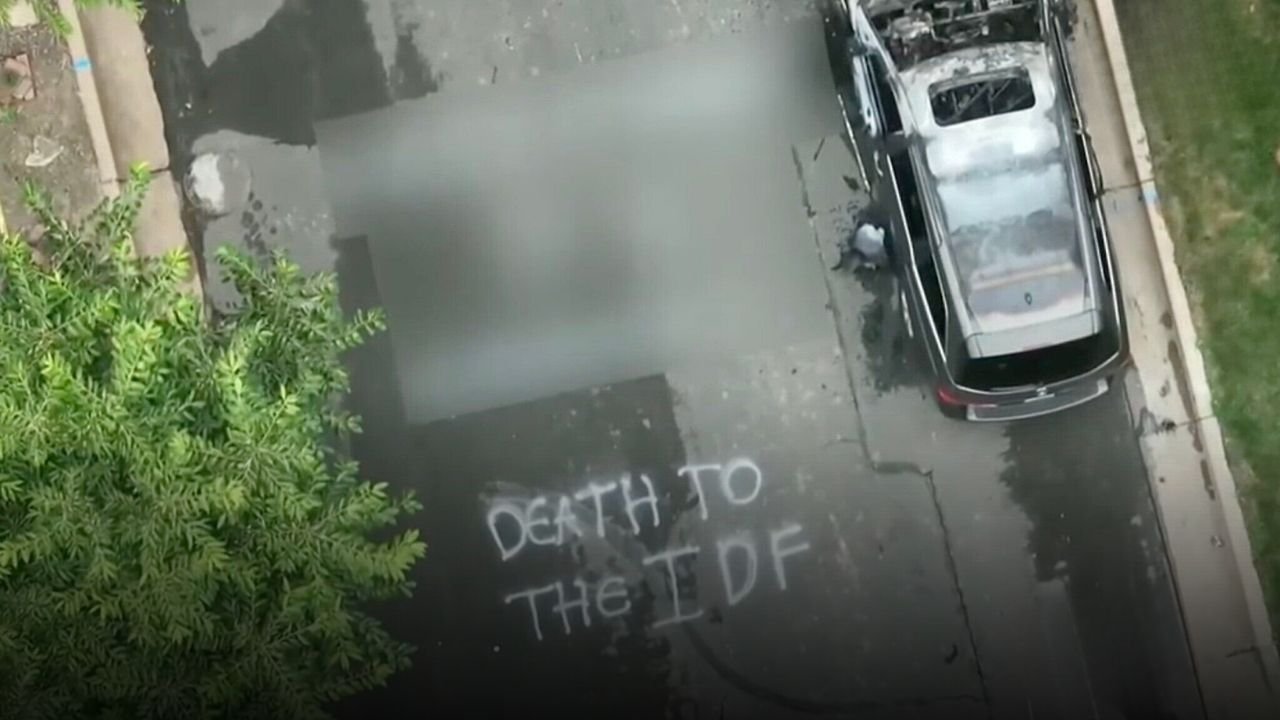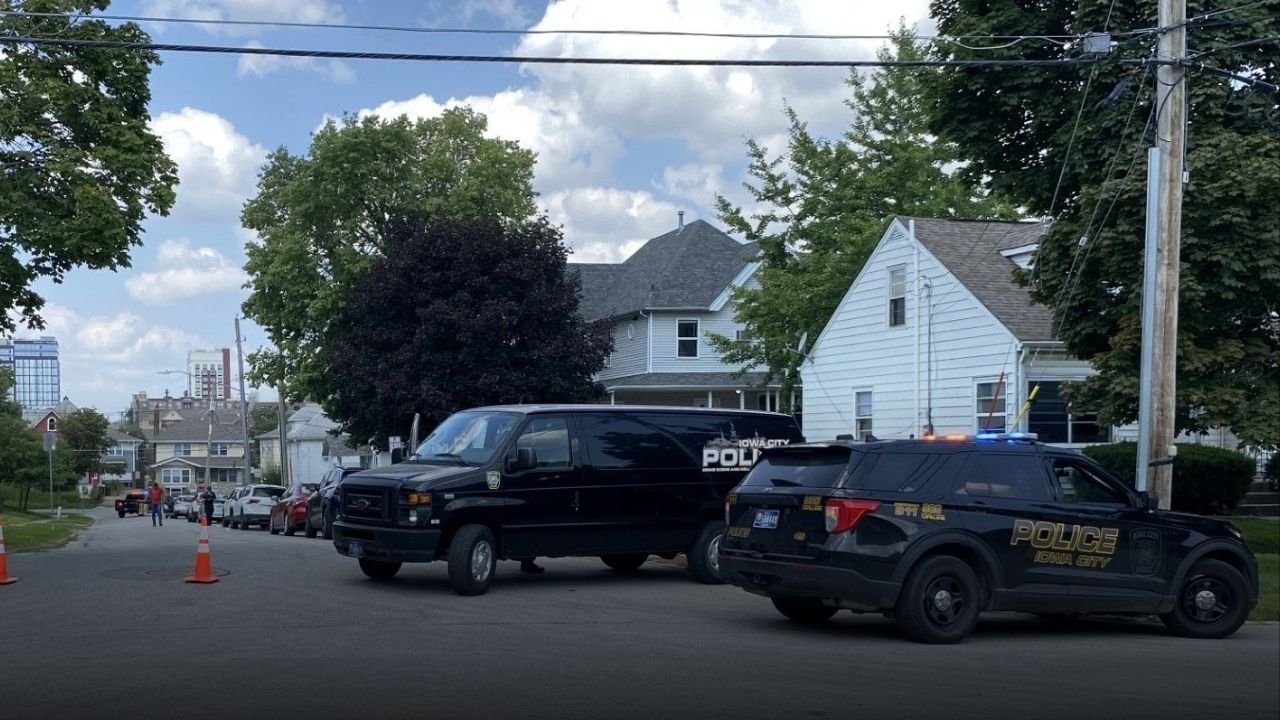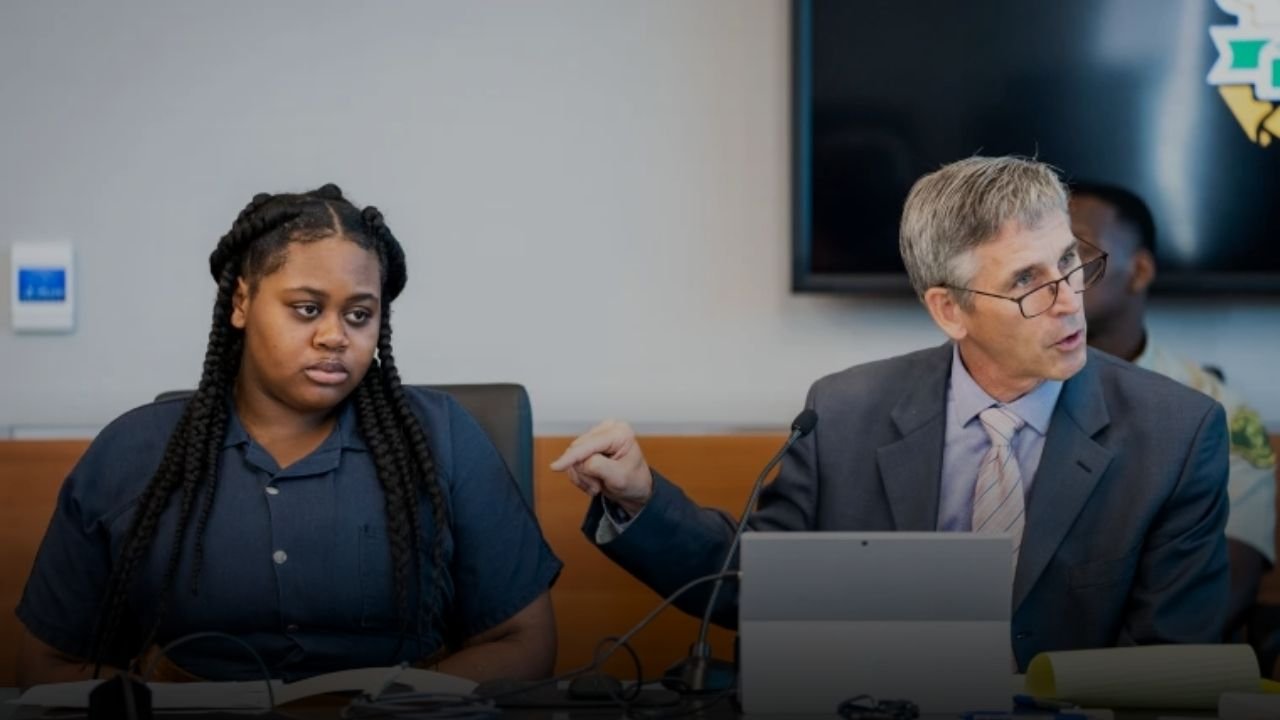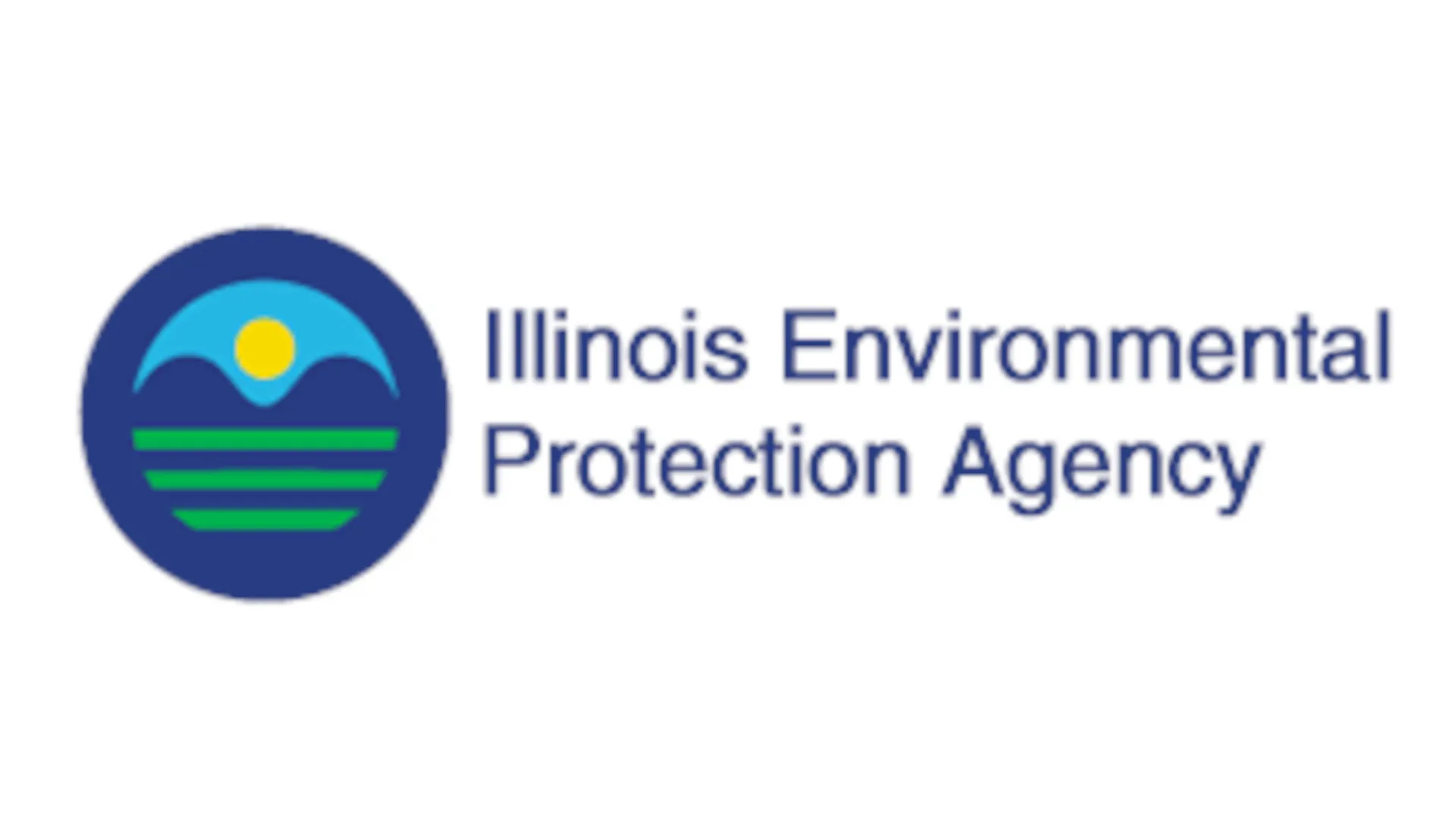CHICAGO — A 31-year-old Chicago man has been sentenced to 21 months in federal prison for violating the terms of his supervised release following a prior firearms conviction, according to the U.S. Attorney’s Office for the Northern District of Illinois.
Keeshon Samson, who was originally convicted in 2023 for illegally possessing a loaded semiautomatic handgun stolen during a burglary at a licensed firearms dealer, was serving a three-year term of court-supervised release after completing his prison sentence.
Threats to DCFS Investigator Prompt Re-Arrest
Federal prosecutors say that in February 2025, Samson was accused of:
- Breaking windows at an acquaintance’s house
- Making threatening and harassing phone calls to an Illinois Department of Children and Family Services (DCFS) investigator
The calls were reportedly made from a masked phone number, and the content of the threats raised alarm about the safety of the targeted state official.
Federal Judge Finds Violation of Release Terms
On July 2, 2025, U.S. District Judge John Robert Blakey ruled that Samson’s actions constituted a violation of the terms of his supervised release, which explicitly barred him from committing any federal, state, or local crimes during the supervision period.
The judge subsequently handed down a 21-month sentence in federal prison.
Officials: Sentence Reflects Need for Accountability
The case was prosecuted by Assistant U.S. Attorney Jeffrey Snell, with investigations led by the Bureau of Alcohol, Tobacco, Firearms and Explosives (ATF).
“Supervised release is a critically important part of the sentencing process,” said U.S. Attorney Andrew S. Boutros. “It’s meant to support an offender’s transition back into society. When someone violates those terms, particularly in a way that threatens public safety, they will be held accountable.”
ATF Special Agent-in-Charge Christopher Amon echoed that sentiment, noting that Samson’s conduct showed a “reckless disregard for the law.”
“This sentence sends a clear message that violations of Court-imposed release conditions will not be tolerated,” Amon said.
Do you believe supervised release is working effectively in Chicago? Share your thoughts on public safety and justice reform at ChicagoSuburbanFamily.com.












